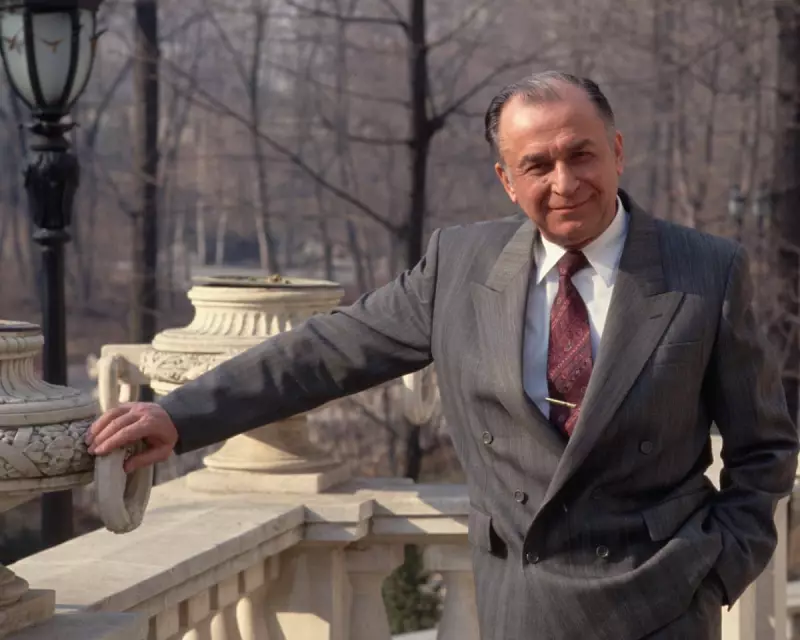
Ion Iliescu, Romania's first democratically elected president after the fall of communism, has passed away, leaving behind a legacy that continues to divide opinion. A key figure in the 1989 revolution, Iliescu played a pivotal role in shaping modern Romania, though his tenure was marred by controversy.
Early Life and Political Beginnings
Born in 1930, Iliescu rose through the ranks of the Communist Party, becoming a prominent figure before the 1989 uprising. His early career was marked by ideological loyalty, but he later positioned himself as a reformist.
The 1989 Revolution and Rise to Power
Following the violent overthrow of Nicolae Ceaușescu, Iliescu emerged as the leader of the National Salvation Front, steering Romania towards democracy—albeit with lingering communist influences. His presidency began in 1990, but his rule was not without turbulence.
Controversies and Criticisms
Iliescu's leadership faced accusations of authoritarianism, particularly during the 1990 Mineriad, when violent clashes between protesters and miners loyal to his government shocked the world. Critics argue that his administration failed to fully dismantle communist-era structures.
Later Years and Legacy
After leaving office, Iliescu remained a polarising figure, revered by some as a stabilising force and condemned by others as an obstacle to true reform. His death marks the end of an era for Romania, sparking renewed debate over his impact on the nation's democratic transition.





